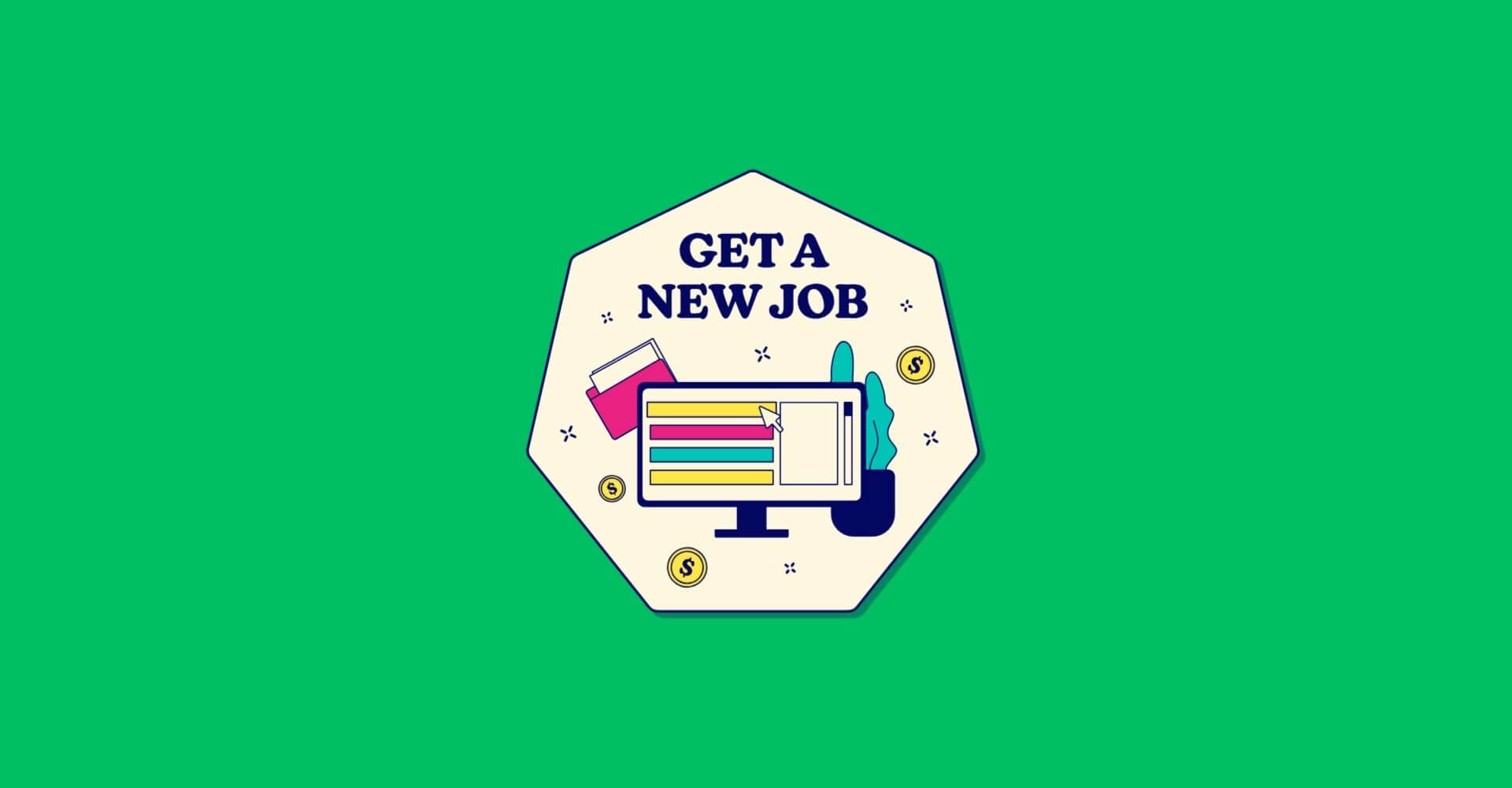In the competitive landscape of the tech industry, acing a technical interview can be the gateway to your dream job. Whether you’re a seasoned developer or a fresh graduate, the technical interview process can be daunting. But fear not! With the right preparation and mindset, you can navigate through the challenges and emerge victorious. In this comprehensive guide, we’ll explore everything you need to know to ace your technical interview.
Understanding the Technical Interview:
Before diving into preparation strategies, it’s crucial to understand the nature of technical interviews. These interviews typically assess your problem-solving skills, coding abilities, and knowledge of fundamental concepts in computer science and software engineering. Depending on the company and role, you may encounter a variety of formats, including coding challenges, whiteboard sessions, system design discussions, and behavioral interviews.
Preparation Strategies:
Know the Basics: Review essential data structures and algorithms such as arrays, linked lists, stacks, queues, trees, graphs, sorting, searching, and dynamic programming. Understand their time and space complexities.
Practice, Practice, Practice: Solve coding problems regularly on platforms like LeetCode, HackerRank, or CodeSignal. Focus on both implementation and optimization.
Mock Interviews: Simulate real interview conditions by participating in mock interviews with peers or using platforms like Pramp or Interviewing.io. Receive feedback and work on areas of improvement.
Review Past Interview Questions: Research common interview questions asked by the company you’re applying to or similar companies. This can give you insights into their interview process and expectations.
System Design Preparation: For roles requiring system design discussions, familiarize yourself with distributed systems, scalability, reliability, and design patterns. Practice designing scalable architectures for real-world scenarios.
Stay Updated: Keep abreast of the latest trends and technologies in the industry. Follow tech blogs, attend meetups, and engage in online communities to stay informed.
During the Interview:
Clarify the Problem: Understand the problem statement thoroughly before jumping into the solution. Ask clarifying questions if anything is unclear.
Think Aloud: Walk the interviewer through your thought process as you tackle the problem. This demonstrates your problem-solving approach and allows the interviewer to provide guidance if needed.
Start with Edge Cases: Consider edge cases and boundary conditions while designing your solution. This shows attention to detail and thoroughness.
Write Clean Code: Write clean, modular, and well-structured code. Use meaningful variable names and follow coding conventions. Don’t forget to handle errors and edge cases.
Test Your Solution: Test your code with different inputs to ensure correctness. Discuss the time and space complexity of your solution.
Be Open to Feedback: If the interviewer suggests improvements or optimizations, be open-minded and willing to iterate on your solution.
Conclusion:
Acing a technical interview requires diligent preparation, practice, and a strategic approach. By mastering the fundamentals, honing your problem-solving skills, and staying calm under pressure, you can increase your chances of success. Remember, every interview is an opportunity to learn and grow, regardless of the outcome. So, embrace the challenge, showcase your skills, and seize the opportunity to shine!






